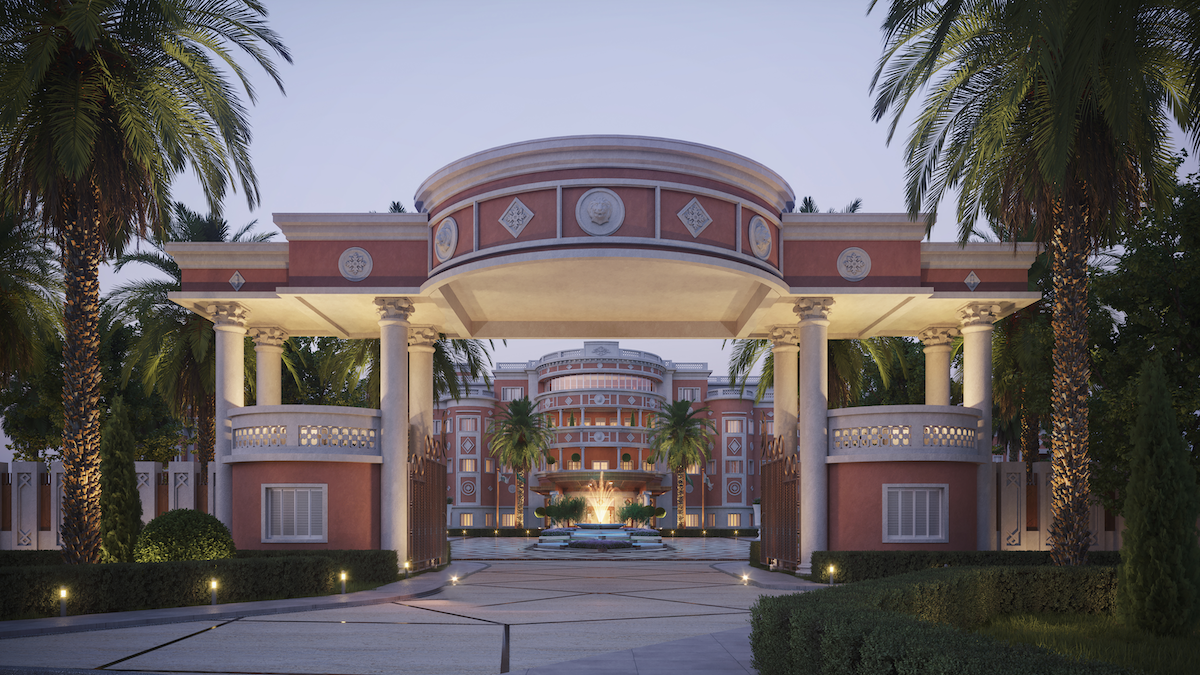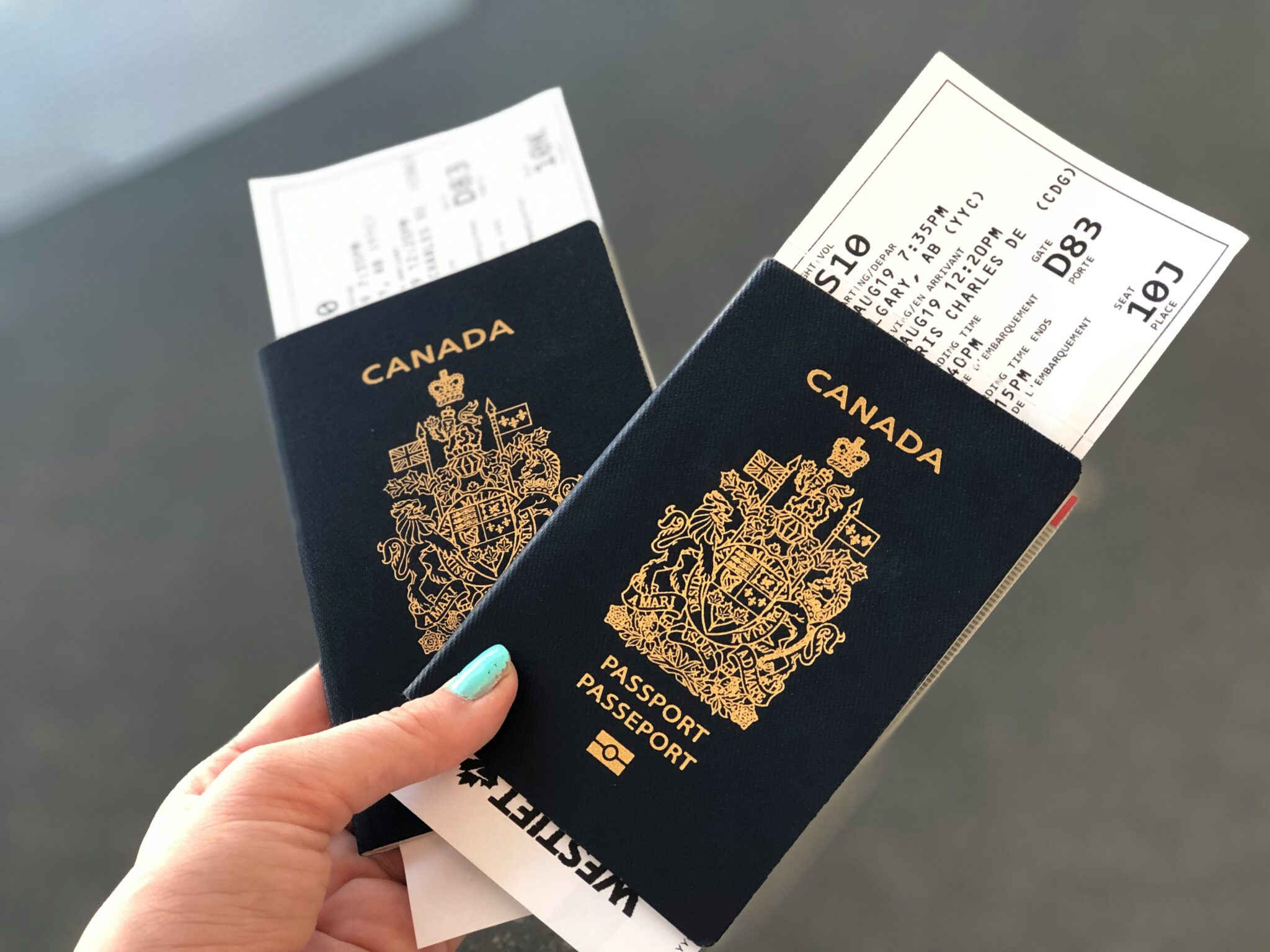Cultural Immersion: The Next Big Trend in Luxury Hospitality


Skift Take
This sponsored content was created in collaboration with a Skift partner.
Ultra-luxury travel bookings are outpacing those for traditional luxury tourism experiences. According to Skift reporting, tour operator cazenove+loyd saw a 50 percent rise in bookings for trips exceeding six figures over the last 12 months, while Untold Story Travel reported a comparable 50 percent increase in six-figure trips year-over-year, with 40 percent of its bookings now breaking the six-figure mark.
What's driving this surge? Findings from Skift Research's luxury traveler report indicate that affluent travelers are increasingly trading traditional luxury for cultural experiences, with 52 percent citing authentic cultural immersion as their key travel motivator. Ultra-luxury now demands opulence and deep cultural resonance that luxury alone does not satisfy.
According to Marco Franck, chief hospitality officer at Boutique Group, a Saudi hospitality company that’s converting historic Saudi palaces into exclusive boutique hotels, the bar for high-end hotels keeps rising: “At one time, we only had 5-star hotels, then luxury hotels came along. Now, luxury hotels are being surpassed by brands aiming for ultra-luxury status.”
He continued, “Today, a true ultra-luxury offering should be at the pinnacle of ultra-high-net-worth (UHNW) guests’ expectations. Cultural immersion, creativity in service, and the product’s authenticity should take precedence. The guest experience should be seamless, and the usual pain points such as check-in delays, inflexible check-out times, and impersonal service still experienced in luxury hotel stays should be thoughtfully removed.”
The New Frontier of Luxury Travel
Traditional luxury in hospitality can often come across as standardized to some, whether due to formulaic decor or uniform aesthetics and amenities. As Franck explained, “The term ‘luxury’ has become somewhat diluted — even pens and sneakers are now branded as 'luxury.” In contrast, ultra-luxury isn’t just about the physical aspects of the property but also about exclusivity, authenticity, and experiences rooted in local traditions.
Large, branded hotels known for their consistent service historically dominated the luxury market. However, the trend is shifting towards more bespoke, independent properties offering unique experiences. With traditional luxury feeling predictable for some, the real differentiator for the discerning traveler is an experience that goes beyond the expected.
Boutique Group implements this philosophy through deep cultural integration across its properties: “We have a dedicated in-house heritage and culture team that has extensively researched the Saudi traditional elements and practices found throughout our palaces. We’ve interwoven various heritage and cultural emotional touchpoints into our guest journeys based on this research,” Franck said.
These touchpoints include Saudi heritage costumes as uniforms, collaborations with local artists and designers, partnerships with Saudi culinary experts, and traditional healers as part of its wellness programs. One example is the group’s recent collaboration with nine prominent Saudi artists to create unique craft-inspired artworks for its palaces, each showcasing a distinct heritage story. These elements subliminally connect guests to the cultural narratives of the region.
"When you consider what makes an experience truly amazing, whether in a restaurant, a hotel, or a retail shop, it comes down to the subtle details and emotional touchpoints. It's those slight nuances, perfectly executed, that you might not notice at first. There’s an old saying I love: ‘Guests may not remember exactly what you said, but they’ll always remember how you made them feel,” Franck said.
Putting a Focus on Cuisine
Building on its commitment to cultural immersion, Boutique Group also plans to elevate Saudi cuisine to global prominence. The strategy is two-pronged: It aims to promote Saudi culinary talents while integrating best-in-class gastronomic experiences within its palaces, with Saudi cuisine positioned at the social heart of each property. “Unlike universally recognized cuisines, Saudi dishes represent an uncharted culinary territory that we’re eager to introduce to a global audience,” Franck said.
The Group has partnered with the Saudi Culinary Arts Commission, an entity dedicated to promoting and preserving Saudi Arabia's culinary heritage, to ensure authenticity and regional specificity in its menus. For example, a unique Hijazi menu that reflects the region’s culinary heritage is served at Al Hamra Palace in Jeddah. The group also plans to collaborate with organic Saudi farmers to support farming communities and offer traditional craft food products. “We’re looking to create our own olive oil and heritage-rooted Saudi coffee blend,” Franck said.
The deep connection many Saudi families have with farming will help foster this. "We aim to involve small, organic farms in our culinary offerings, linking back to the agricultural roots of many Saudi families," Franck said. “This will ensure a supply of fresh ingredients and reinforces the cultural authenticity that Boutique Group strives to deliver through every meal served.”
In addition to traditional offerings, Boutique Group palaces will each feature a restaurant by a world-renowned chef who has led previous restaurants to Michelin star status. The goal here is to complement the palaces’ central hub of community activity, the Saudi Signature Restaurant, inspired by royal service culture and palace protocols.
Returning to the Hallmarks of Classic Luxury
While ultra-luxury aims for deeper engagement, not all principles of traditional luxury are outdated — many continue to resonate with discerning travelers. Balancing these with the best practices of ultra-luxury can help provide the right balance.
“Classic luxury service offerings such as table-side service, personalized concierge services, and social events are making a comeback. These include prestigious membership clubs, a focus on art curation, and a commitment to social well-being and fine craft culture. There’s a lot of nostalgia among people who yearn for a luxury defined by a classic sense of service excellence, enjoyed amongst a like-minded, cultured clientele,” Franck said.
According to Franck, newer concepts can sometimes struggle to deliver the depth of quality of the old service elements that once set the standard for luxury: "Guests expect an exclusive experience, tailored to their personal tastes and needs, as opposed to an over-promised, under-delivered offering. There's an abundance of new brands promising everything but failing to deliver beyond their websites and booking processes.”
He continued, "There's a trend of prefixing 're-' to everything — redefined, reimagined, and so on. What guests truly want is excellence in execution. Proper luxury service and product delivery is about getting it right the first time and ensuring the highest level of standards are met with the strictest consistency.”
At its foundation, Boutique Group’s guest experience strategy involves a return to the hallmarks of classic luxury and a commitment to technological innovation and sustainability while balancing these elements with the cultural depth that ultra-luxury demands. Rather than imposing a uniform brand identity, the group draws on each location and property's historical and cultural strengths.
Franck said, "We aim to exemplify truly authentic ultra-luxury hospitality by anchoring it in thousands of years of Saudi generosity, supported by the rich storytelling from our palaces and creative innovations that move us to the future. This approach will certainly provide Boutique Group with a unique advantage in the luxury hospitality space. Where else can you truly claim to be treated like royalty?”
To learn more about Boutique Group, visit boutiquegroup.com and follow them on social media at @boutiquegroupsa.
This content was created collaboratively by Boutique Group and Skift’s branded content studio, SkiftX.




